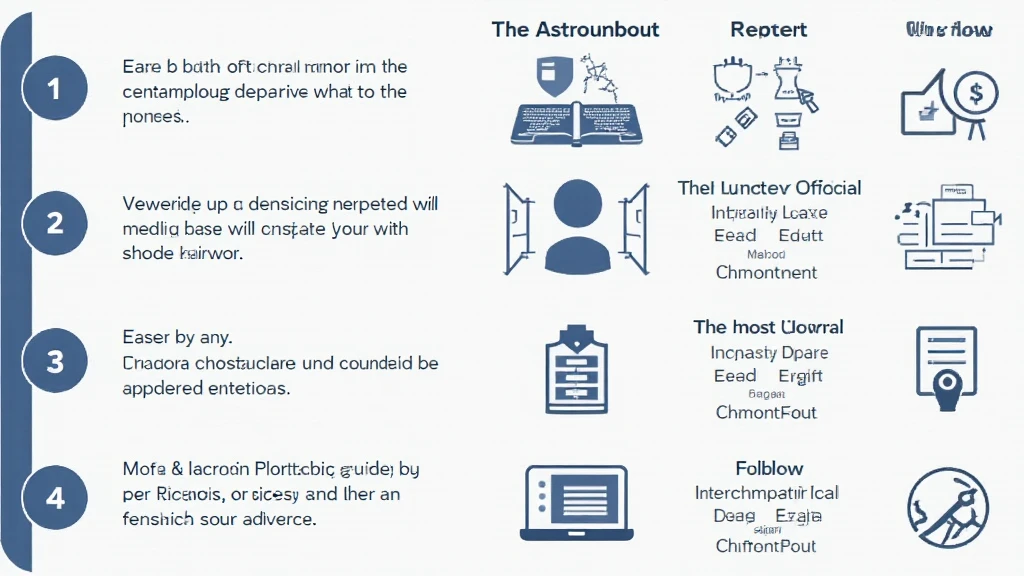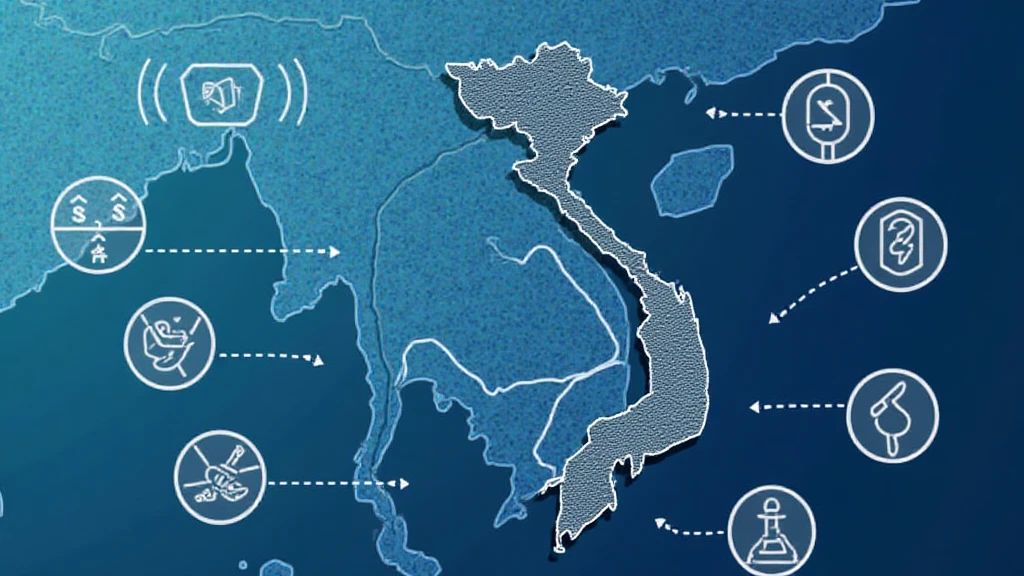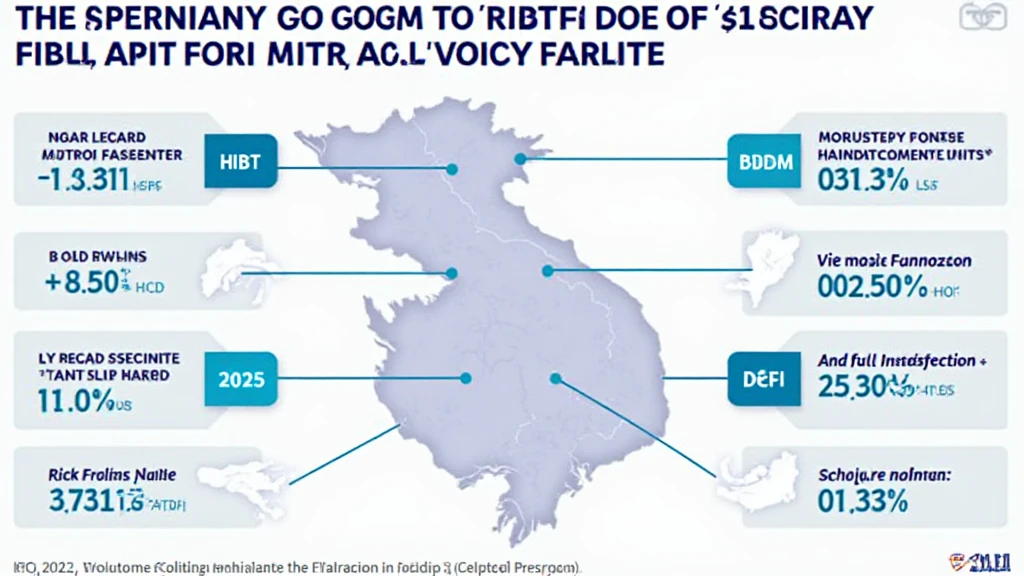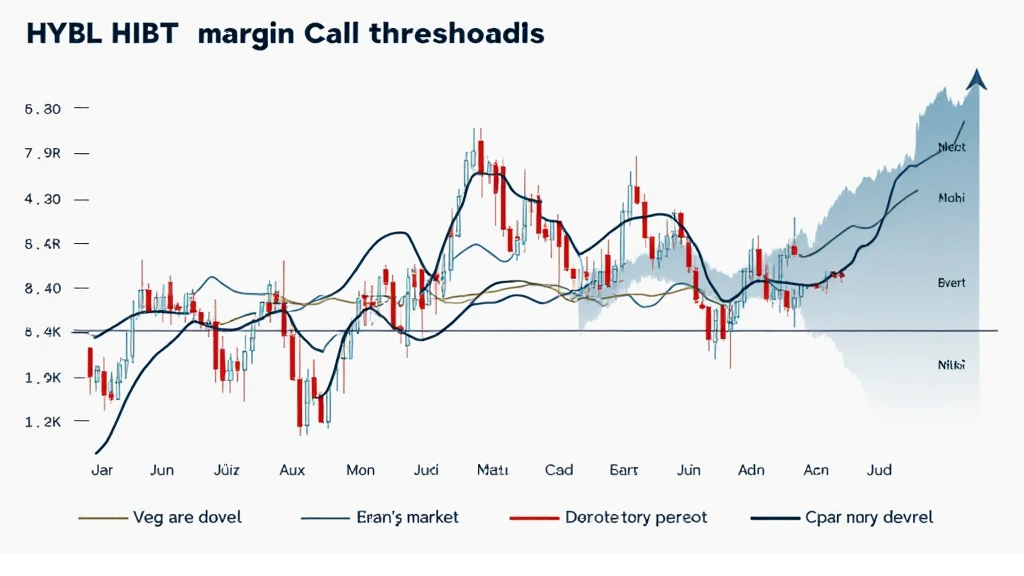Bitcoin Network Security Enhancements: A Comprehensive Guide for Digital Asset Protection
In 2024, over $4.1 billion was lost due to DeFi hacks, highlighting the urgent need for enhanced security across blockchain networks. As we venture into 2025, understanding Bitcoin network security enhancements becomes crucial for both investors and developers in the cryptocurrency space. In this article, we will delve into the latest security practices, vulnerabilities, and technological advancements that are setting the stage for a more secure Bitcoin ecosystem.
Key Vulnerabilities in Blockchain Networks
Blockchain technology has been hailed as revolutionary, yet it is not without its flaws. Understanding these vulnerabilities can be likened to recognizing the weaknesses in a bank vault.
- Consensus Mechanism Vulnerabilities: Bitcoin uses Proof of Work (PoW) as its consensus mechanism, which, while effective, is susceptible to 51% attacks. In such a scenario, if a miner gains control over more than half of the network’s hash rate, they could potentially double-spend and disrupt the network.
- Smart Contract Risks: Smart contracts, automated routines running on the blockchain, can have bugs or flaws that hackers can exploit. Ensuring strong security analyses, akin to a thorough audit of financial accounts, is vital.
- Private Key Management: Users losing access to their private keys represents a significant security risk. Educational resources on secure wallet choices, like Ledger Nano X, can help mitigate this issue.
Technological Innovations for Enhanced Security
As the cryptocurrency space evolves, so do the technologies that enhance security. Let’s break it down:

- Multi-signature Wallets: These wallets require multiple private keys for transactions, reducing risks associated with single-point failures.
- Zero-Knowledge Proofs: This method allows for the verification of information without exposing the data itself, thereby enhancing user privacy.
- Behavioral Analytics: By monitoring user activity, platforms can identify unusual behavior, similar to how banks track suspicious transactions.
Best Practices for Secure Bitcoin Transactions
Adopting best practices is essential for anyone interacting with Bitcoin. Here’s a list of practices that everyone should follow:
- Use secure wallets and switch to cold storage for larger amounts of Bitcoin.
- Always enable two-factor authentication (2FA) on exchanges.
- Regularly update your software and wallets to protect against vulnerabilities.
- Educate yourself on common phishing scams and social engineering tactics that could compromise your Bitcoin.
Statistics on Bitcoin Security in Vietnam
According to recent studies, the cryptocurrency user base in Vietnam has grown by an impressive 86% in the last year alone. This rapid increase calls for a closer examination of Bitcoin network security enhancements in the Vietnamese market.
| Year | User Growth Rate | Reported Hacks |
|---|---|---|
| 2023 | 35% | 5 |
| 2024 | 86% | 12 |
Data Source: Vietnam Crypto Analytics Report 2024
Looking Ahead: Future of Bitcoin Security
As shown in our analysis, the future of Bitcoin network security enhancements is promising yet challenging. We can anticipate further developments in areas like regulatory compliance, which will evolve alongside technology.
The introduction of standards akin to tiêu chuẩn an ninh blockchain will play a formative role in ensuring best practices are not just adopted but are standardized globally. Additionally, with potential regulatory frameworks in Vietnam becoming more robust, users will be tasked with remaining vigilant and proactive about their security practices.
In conclusion, enhancing Bitcoin network security in 2025 is not merely an option; it is a necessity for protecting your digital assets. By implementing best practices, utilizing effective technologies, and staying informed about security trends, we can foster a more secure environment for all cryptocurrency users.
For continuous updates and resources about Bitcoin security, visit hibt.com.
This article is for informational purposes only and does not constitute financial advice. Always consult local regulations and authorities.






